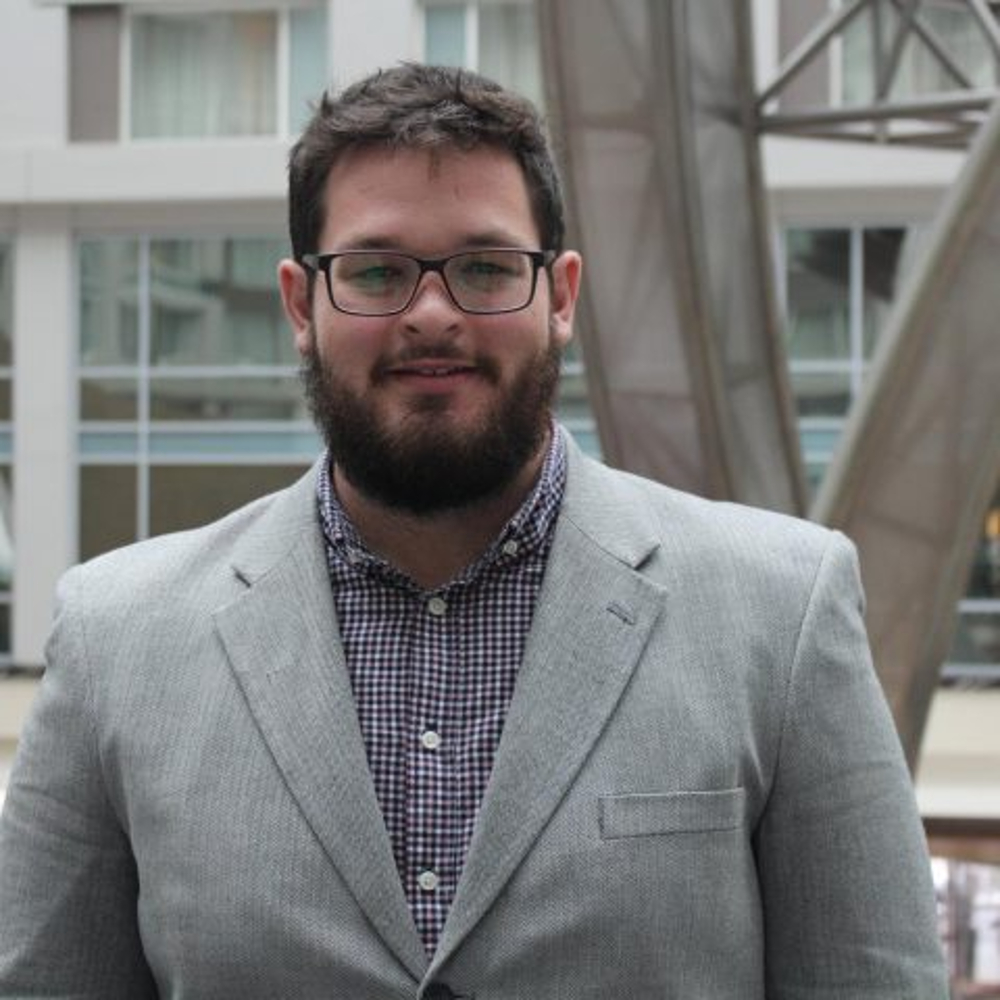In 2015, Dillon D. Oaks, now an Associate Professor of English Linguistics at BYU, published an article in the Journal of Science, Religion & Culture titled “The Tower of Babel: A Linguistic Consideration.” In his article, Professor Oaks argues that rather than a forced scattering of languages that led to the separation of people, it was the separation of people that led to the scattering of language.
The biblical story of the Tower of Babel, in the Book of Genesis, tells of a world in which humans are united by one shared language, something that presents endless opportunities through cooperation. After working together on building a tower capable of reaching the heavens, they became dispersed and divided into speakers of many different tongues.
The complexity of human language often prevents understanding even among groups who speak the exact same language. Growing up, I thought the biblical story of the Tower of Babel was a warning to never let your pride think you can challenge the Creator. Now, however, I view it as an allegory for the language barriers fostered by social media that prevent understanding.
Linguistic deviations are a common phenomenon
We need to look no further than how the English language has developed from the colonial era to today. There are plenty of differences between American English and British English. But going beyond that, there are even greater differences once we explore the dialectical differences between New England and rural Georgia, or between London and any part of Ireland.
This language separation occurs naturally. University of Oxford anthropologist, Robin Dunbar, developed a concept known as the Dunbar number. His theory states that human capacity for meaningful relationships is limited to about 150 people. While the specific number is debated, and it can arguably be stretched thanks to modern technology, a consensus remains – there is a finite capacity for meaningful human relationships.
It is within these groups of meaningful contacts where our own language evolves. Humans typically imitate the behaviors, actions, and language of those who they spend the most time around. For example, a few years ago, my friends and I started using the term “box” for someone being lucky. Generally, we used this term if someone had a fantasy football player overperform or if we hit an unlikely shot in a pickup basketball.
Looking up the word ‘box’ in Urban Dictionary, an online wiki that defines slang terms, presents a much more crude interpretation than how my friends and I use the term. This small-scale example is also something that plays out on a much larger stage, leading to language barriers that prevent understanding.
The role of social media in polarization
Social media is still in its infancy. In theory, it should be a tool to bring friends and family together, yet it often becomes a source of division. As social media platforms use artificial intelligence to curate users’ feeds with the content they are most likely to engage with, this erects barriers to communication among people of differing opinions.
These barriers to communication exacerbate the polarization that we are witnessing in today’s political climate. For instance, words such as “capitalism,” “socialism,” “racism,” and “feminism” mean different things to different groups of people.
As such, we will typically adopt the framing or definition of a term that aligns most closely with that of our own network. This is how languages naturally evolve over time. Social media exhibits just how different the languages between political groups really are, and without addressing these communicative barriers we will not be able to address polarization.
While there are plenty of pieces arguing that the existence of echo chambers is what has led to polarization through social media, Will Duffield, a policy analyst at the Cato Institute, recently wrote in an essay for the Narratives Projects about something he calls “selective permeability.” A term borrowed from biology, he describes its application to social media in the following way:
“By allowing some outgroup speech through — but only the most radical — selectively permeable bubbles skew the ingroup’s perception of their rivals. The resultant partisan caricatures prevent the recognition of common causes and even obscure common humanity.”
Communication and collaboration are worth striving for
Ultimately, the way our language develops is heavily influenced by those we interact with the most. In this manner, terms hold different meanings for different groups of people, and sometimes the only exposure you might have to those with differing worldviews are just the most radical things that break into your network that serve to be almost satirical.
The Tower of Babel was meant to reach the heavens. Perhaps the best message to take away from that story is that if humanity overcomes its barriers to communication, fighting would give way to mutually beneficial collaboration and greater understanding.
Are you a student interested in getting involved in pro-liberty activism? By applying to join Students For Liberty’s Local Coordinator Program, you can be supported in promoting the ideas of liberty while also developing your skills and meeting many like-minded students from across the world. Click on the button below to find out more and get involved!
Are you looking for an opportunity to gain new insights about the ideas of liberty and network with like-minded individuals? Students For Liberty’s upcoming LibertyCon International, held in Washington, D.C., on February 2-4, 2024, is an event you won’t want to miss!
LibertyCon International offers an opportunity to engage with top experts, scholars, and entrepreneurs from a variety of fields while providing a platform for attendees to connect with others who are dedicated to advancing pro-liberty ideas and creating a freer future.
Click the button below to sign up for updates and secure your spot at this exciting event. We can’t wait to see you there!
This article was originally published in October 2021 on the Students For Liberty website.
This piece solely expresses the opinion of the author and not necessarily the organization as a whole. Students For Liberty is committed to facilitating a broad dialogue for liberty, representing a variety of opinions.



